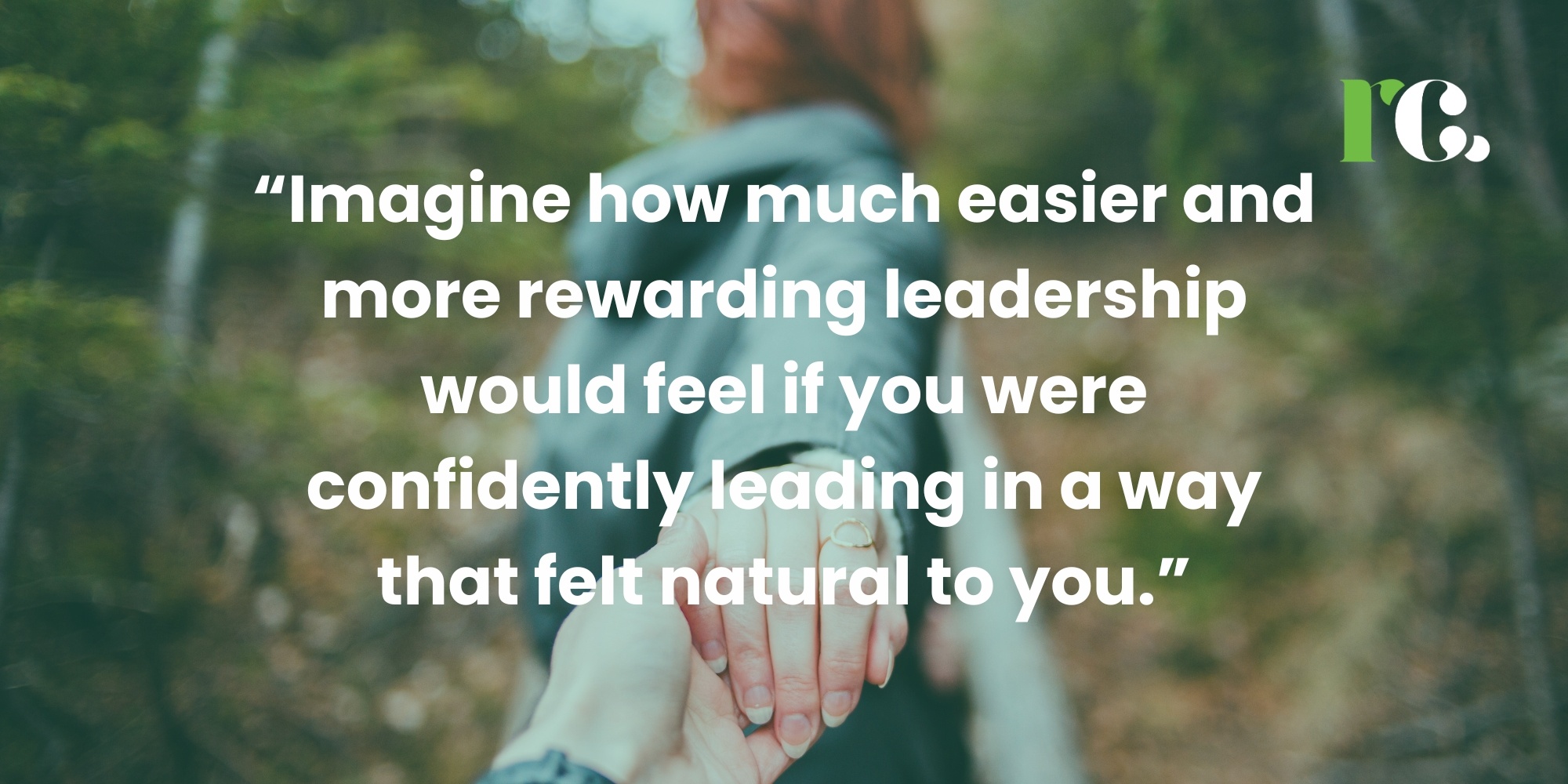Beyond Thinking - Why Kahneman’s Two-System Model Needs a Third
Daniel Kahneman, the man who gave us Thinking, Fast and Slow, has just sadly passed away. His work is very popular and has shaped a lot about how we understand decision-making.
I’ve had his book on my shelf for years. While people rave about it, I’ve never been able to finish it. Something about it doesn’t sit right.
Systems 1 and Systems 2 thinking explain a lot about how we operate. But they don’t explain everything.
And they certainly don’t hold the answers we need, in my opinion, for the challenges of the 21st century.
Systems 1 and 2: Where We’ve Been Stuck
Kahneman outlined two modes of thinking.
- System 1 is fast, instinctual and automatic. It helps us navigate the world efficiently, spot patterns intuitively and react almost instantaneously. But it is also the system that primarily hosts biases and heuristics.
- System 2 is slow, deliberate and rational. It allows us to plan, problem-solve and analyse. For the last decade or so, the push has been toward critical thinking - training us to bring awareness to System 1 biases by strengthening System 2.
This is where AI has stepped in and is making incredible leaps. AI processes more data than we ever could. It bypasses System 1’s cognitive traps and supercharges System 2’s reasoning.
But still, something is missing.
The Blind Spot: What System 1 and 2 Can’t See
There’s growing awareness of the limits of rationality and reaction. Emotional intelligence is gaining traction. We’re talking more about cognitive bias. We’re beginning to name the systemic structures that shape how we see, think and lead.
Yet most decision-making still bounces between two modes: reacting (System 1) and analysing (System 2).
One moves fast and emotionally. The other tries to slow things down and apply logic.
Both are needed.
But neither is enough.
That’s where System 0 comes in.
Introducing System 0: The Intelligence Beyond Thought
System 0 isn’t another layer of thinking. In fact, it’s the opposite of thinking. It’s the intelligence that emerges when we quiet the mind.
This is where Indigenous and ancient wisdom traditions have always operated. It’s where scientific and artistic breakthroughs have come from. It’s what happens when a problem that’s been bugging you for months suddenly resolves itself in the shower.
System 0 is the source of:
- Deep intuitive insight
- Pattern recognition beyond data
- Emergent creativity and innovation
We see it in psi research and emerging work in consciousness studies. We see glimpses of it in research on non-speaking autistic individuals or savants who seem to access knowledge they were never explicitly taught (see Telepathy Tapes Podcast).
It’s real. And it’s been systematically ignored by mainstream science, which is still grounded in materialism.
Emergent Knowing and Why Scenario Planning steps into the space of System 0
System 0 doesn’t depend on pressure, timelines or intelligence. It emerges in the pause, when we're not scrambling for answers or trying to be right.
It requires space. A tolerance for not knowing. A loosening of mental grip. A willingness to sit with complexity without rushing to resolve it.
This is sometimes called negative capability - the capacity to stay present in uncertainty without demanding immediate clarity. It’s a kind of listening that happens beneath words. A sensing that lives outside the frameworks of rational analysis or emotional reaction.
Scenario planning, when done well, creates the perfect conditions for this. It suspends old mental models. It stretches perception. It surfaces assumptions. It gives form to uncertainty without trying to control it.
Scenario is a way of learning to see. And in a world moving at breakneck speed, this ability is (in my opinion) the most needed skill for the 21st century.
The Next Frontier
The future belongs to those who can operate across all three systems:
- To harness the speed and instinct of System 1 without being hijacked by it
- To analyse, question, and synthesise with System 2
- To sense what lies beyond logic through System 0
This is where humans still hold the edge over AI. Because AI can’t access System 0 (yet!).
The more we learn to drop in, listen differently and lead from that deeper knowing, the more equipped we are to meet the complexity of our time.



